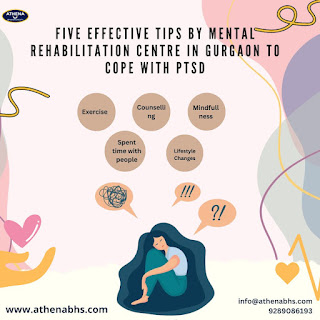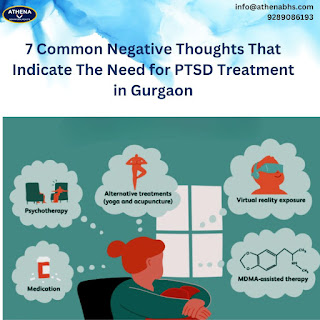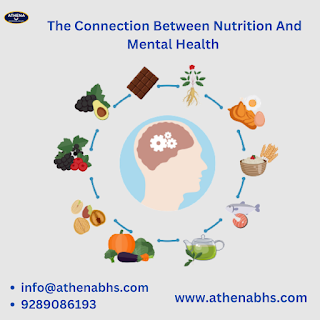Post-traumatic stress disorder (PTSD) is a mental health condition that affects people who have experienced or witnessed a traumatic event. The condition can lead to the development of symptoms like anxiety, depression, flashbacks, nightmares, and hypervigilance. While it is true that coping with PTSD can be challenging, there are effective ways to manage the condition. Mentioned below are five ways to cope with the condition:
1.
Seek professional help
PTSD is a complex condition that requires specialized treatment. Seeking professional help from a therapist or counselor who specializes in PTSD can be beneficial in managing symptoms. A trained mental health professional can help you learn coping skills, develop a treatment plan, and work through the traumatic event that caused the PTSD. Some of the effective treatment options that may help an individual dealing with PTSD are cognitive-behavioral therapy (CBT), exposure therapy, and medication management.
2.
Practice relaxation techniques
Relaxation techniques can help reduce the symptoms of PTSD. Techniques such as deep breathing, progressive muscle relaxation, and guided imagery can help calm the mind and body. These techniques can also help reduce anxiety and help one sleep better. It is important for an individual to find the relaxation technique that works best for her and practice it regularly.
3.
Engage in physical activity
Physical activity can be an effective way to manage PTSD symptoms. Exercise releases endorphins, which can improve mood and reduce anxiety. Engaging in physical activity can also help improve sleep quality, reduce hypervigilance, and boost self-esteem. It is essential for an individual to find a form of physical activity that you enjoy and can commit to regularly.
4.
Build a support system
A support system can help individuals cope with PTSD. Friends, family members, and support groups can provide emotional support, understanding, and encouragement. A support system can also provide a safe space to discuss feelings and experiences related to PTSD. Joining a support group can be particularly beneficial as it provides an opportunity to connect with others who have experienced similar traumatic events.
5.
Practice self-care
Self-care is essential in managing PTSD symptoms. It is important to prioritize activities that promote physical, emotional, and mental well-being. Some of the common examples of self-care activities adopted by individuals include getting enough sleep, eating a healthy diet, spending time in nature, journaling, and practicing mindfulness. It is also essential for the concerned individual to avoid alcohol and drugs, as they can worsen the symptoms of the condition.
Seeking Help Is The Key
Coping with PTSD can be challenging, but there are effective ways to manage the condition. Seeking professional help, practicing relaxation techniques, engaging in physical activity, building a support system, and practicing self-care can all help individuals cope with PTSD. It is important to find the coping strategies that work best for you and to be patient with yourself as you work through the healing process. With time, support, and effort, it is possible to manage PTSD and live a fulfilling life.
In case, there’s someone you know who is dealing with PTSD or any type of mental health issue, it is best to seek help from one of the best Mental Health Treatment Facilities in your vicinity.
Athena Behavioral Health is one of the
leading Mental Rehabilitation centres in Gurgaon. It offers the best
treatment for various forms of mental illnesses at the most reasonable cost
including Post-Traumatic Stress Disorder Gurgaon. Located in the hub of
nature with the best amenities, our facility is one of the best Mental Health Treatment Center
in Gurgaon that has a team of experienced psychologists to assure your
speedy recovery. Based on your condition, the treatment plan offered by our
experts can be a mix of medications, therapies, and other required provisions.
If you know someone who is looking for such a facility or is dealing with
depression, anxiety, or any form of mental illness, 9289086193
or drop us an email at info@athenabhs.com









